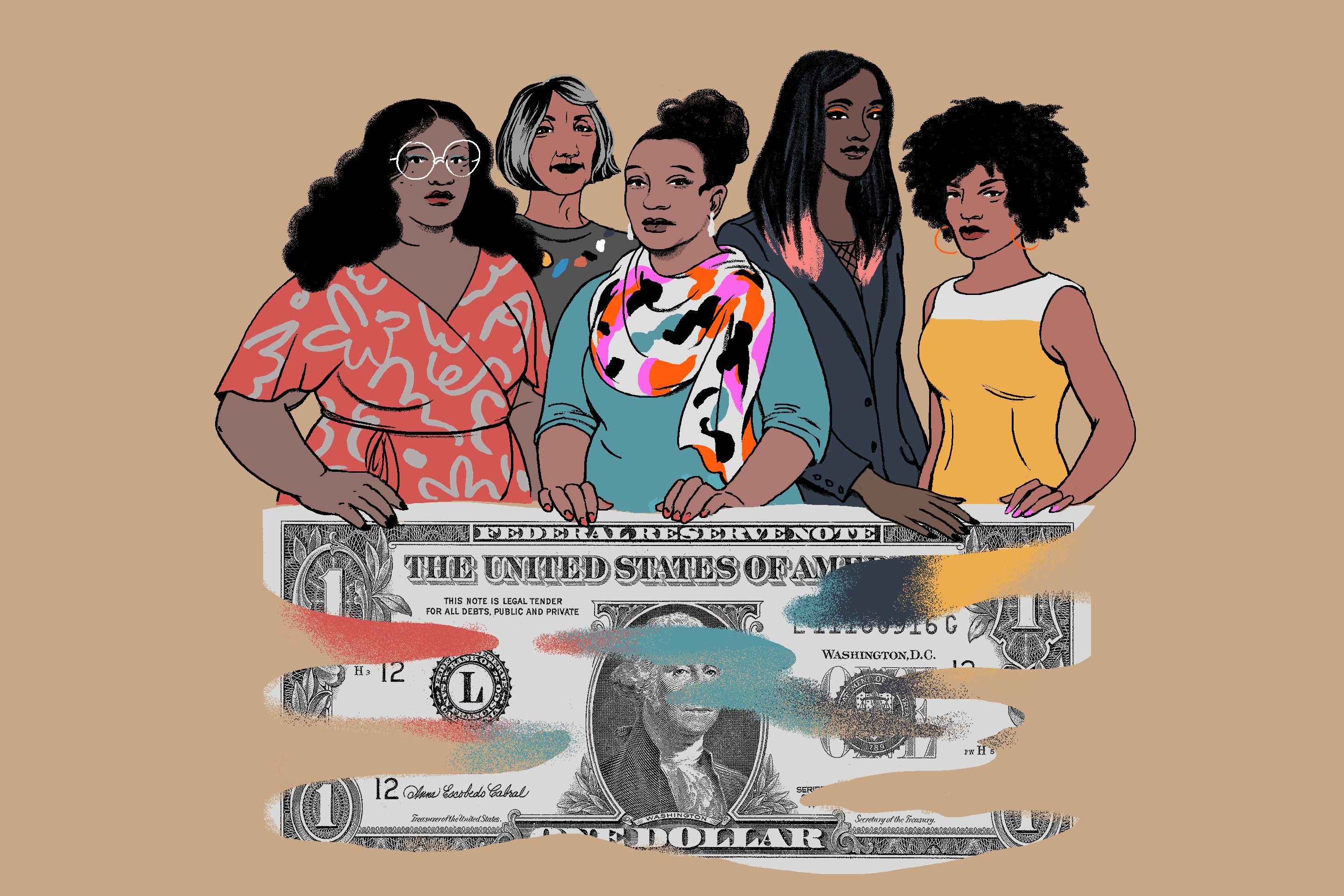[ad_1]
In a landscape dominated by the suits and ties of corporate giants, the road for Black women has long proven replete with challenges, with Black Women’s Equal Pay Day being marked today, meaning the average Black woman must work nearly seven full months longer to earn the same as the average man earns. I stand as a testament to the unyielding spirit of countless trailblazing sisters before me who have fought to be heard, respected, and fairly compensated for our labor. Beyond my personal journey, it is imperative that sisters like me fight for those who are coming behind us. From boardrooms to break rooms, Black women continue to navigate a list of challenges to prove that talent knows no color or gender, while it remains clear that our paychecks do.
As Black women, we are often the unsung sheroes behind groundbreaking ideas and achievements. Our brilliance and innovation are too often repackaged as someone else’s work, erasing our voices, and diminishing the impact of our genius. We’ve experienced being silenced and overshadowed and labeled as “aggressive” even as we chart new trails and break through barriers. Nationally, Black women earn a mere 67 cents for every dollar paid to non-Hispanic white men. Our lack of compensation is an outrage and a sobering reminder of the work that still lies ahead for our voices to be valued the way our ideas and work already are.
In the face of adversity, Black women have risen to be among the most educated groups in the United States, even with many of us being first-, second-, and third-generation college students. While so many of our white, male counterparts have the luxury of legacy admission, trust funds, and prep school networks to ease their way, we continue to excel academically. We consistently pursue education with unwavering determination, seeking knowledge and expertise to make our mark in every industry. We have shown that when given the opportunity, we excel and surpass expectations. Talk of diversity, equity, and inclusion in the workplace often begins and ends with gender equality, with no mention of racial injustice. Race must still be an integral piece of these conversations, even as attacks on affirmative action fight to remove it from others.
I have been at the center of the movement for equity, and have witnessed many inflection points, especially after the murder of George Floyd. I was responsible for the media amplification of the movement on behalf of his family, civil rights advocates, and attorneys following his senseless killing, and I watched companies throw out billions of dollars to mitigate reputational risk. It is now time for the second iteration of DEI after many companies did drive-by philanthropy. We need sustainable investment that centers diverse voices and ensures that those voices have real influence at the tables where decisions are made. I want a world where investment in diversity now means that my 6-month-old grandson can someday sit on a board of directors of a Fortune 500 company and collaborate with phenomenal Black women whose insight and ideas make the difference.
Embracing diversity and fostering inclusion should not be seen as an act of charity but as an essential element for the success of any organization. My colleagues and I chose to start Actum LLC’s DEI practice because this work must be addressed holistically, and in ways that impact company culture in tangible ways. When Black women are given equal opportunities, we bring a unique perspective that enriches decision-making processes and ultimately enhances the bottom line. The time has come for businesses to recognize the immense value we bring to the table. Spoiler alert: We are the table.
To all the Black women out there who have faced adversity and continue to rise, know that your journey — our journey — is not in vain. Our collective resilience and brilliance will pave the way for future generations, ensuring that they will not be confined by outdated biases and prejudices. Together, we will forge a path to a more just and inclusive world, where Black women thrive, and our contributions are acknowledged and celebrated without hesitation. However, we cannot do this alone. We need allies in all facets of society, recognizing the systemic issues at play and advocating for real change. As we commemorate Black Women’s Equal Pay Day, let us not forget that our fight is interconnected with broader struggles against systemic racism and sexism. It is time for a collective awakening, where we recognize that the liberation of one group benefits society as a whole.
Rachel Noerdlinger is an equity partner with Actum LLC, and a leader within the firm’s Diversity, Equity, and Inclusion practice.
[ad_2]












